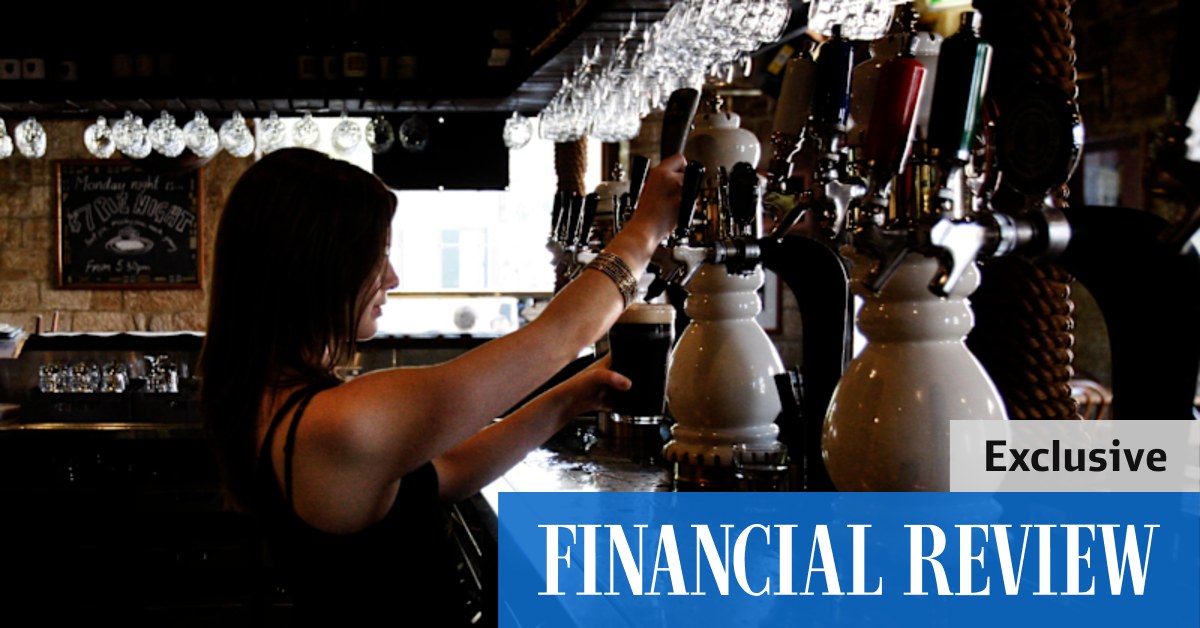Fair Work Considers Further Minimum Wage Hike: What it Means for Businesses and Workers
Australia is bracing for another potential minimum wage increase as the Fair Work Commission (FWC) embarks on its annual review. This year's deliberations hold significant weight, with rising inflation and cost of living pressures pushing for substantial adjustments. The potential impact on businesses and employees alike is substantial, sparking considerable debate across the nation.
Inflation's Impact on the Minimum Wage Debate
The FWC's decision will heavily consider the current inflation rate, which has remained stubbornly high. This necessitates a careful balancing act: a significant increase could alleviate financial strain on low-income earners, but simultaneously put pressure on businesses already grappling with increased operating costs. The commission will need to analyze economic data meticulously to ensure a fair and sustainable outcome.
Key factors influencing the FWC's decision include:
- Current inflation rate: The Consumer Price Index (CPI) provides a crucial benchmark for assessing the erosion of purchasing power.
- Wage growth across various sectors: The commission will examine wage increases in higher-paying jobs to determine a fair comparison.
- Productivity levels: Links between productivity improvements and wage adjustments are a key consideration to ensure economic sustainability.
- Business profitability and capacity to absorb wage increases: The FWC must carefully weigh the impact on businesses of different sizes and sectors.
- Submissions from unions, employer groups, and individuals: The commission actively seeks input from all stakeholders to inform its decision-making process.
Potential Impacts: Businesses and Employees
A substantial minimum wage hike could bring significant benefits to low-income workers, improving their living standards and reducing poverty. However, the potential negative consequences for businesses cannot be overlooked.
For Employees:
- Increased purchasing power: A higher minimum wage directly translates to more disposable income, boosting consumer spending.
- Improved living standards: It can alleviate financial stress, leading to better health outcomes and overall well-being.
- Reduced inequality: A fairer wage distribution can contribute to a more equitable society.
For Businesses:
- Increased labor costs: Businesses, particularly small and medium-sized enterprises (SMEs), may face difficulties absorbing increased wage expenses.
- Potential price increases: Some businesses might pass on increased labor costs to consumers through higher prices, impacting affordability.
- Reduced hiring or investment: In some cases, businesses may respond to higher labor costs by reducing hiring or delaying investment plans.
Navigating the Challenges Ahead
The FWC faces a complex task in balancing the needs of employees and businesses. Transparency and robust evidence-based analysis will be crucial to justifying the final decision. Open communication between the commission, unions, employer groups, and the government is essential for a smooth transition and minimizing potential negative impacts.
Staying Informed
The Fair Work Commission's website is the best source for official updates on the minimum wage review. Regularly checking their announcements will ensure you stay informed about the final decision and its implications. Understanding the process and potential outcomes empowers both businesses and employees to adapt and prepare effectively. Stay tuned for further developments in this crucial economic debate.
Call to Action: Visit the Fair Work Commission website to learn more about the minimum wage review process and submit your own feedback if you are a stakeholder. Understanding the process and engaging in the conversation is a crucial step in ensuring a fair and sustainable outcome for all Australians.

